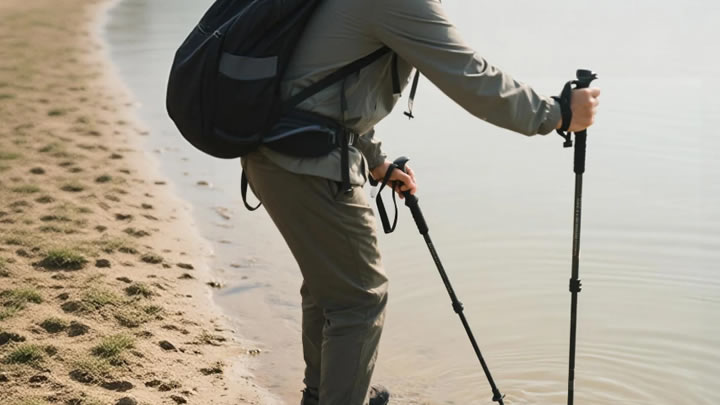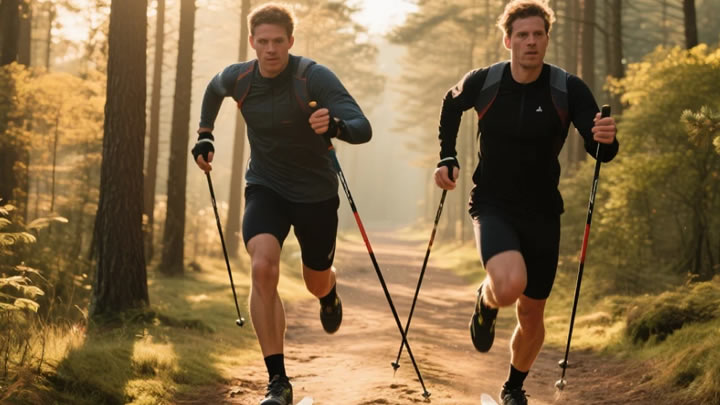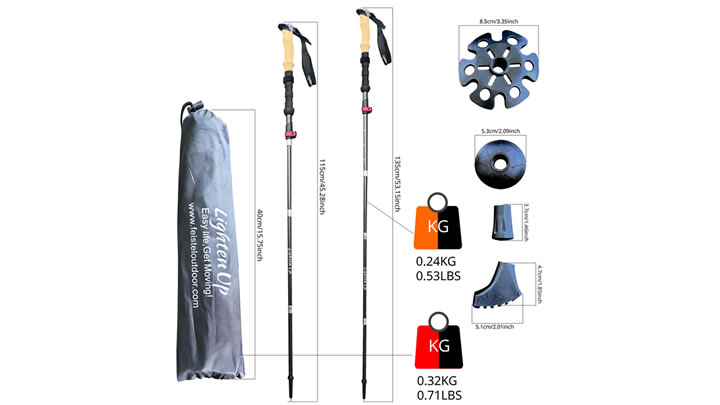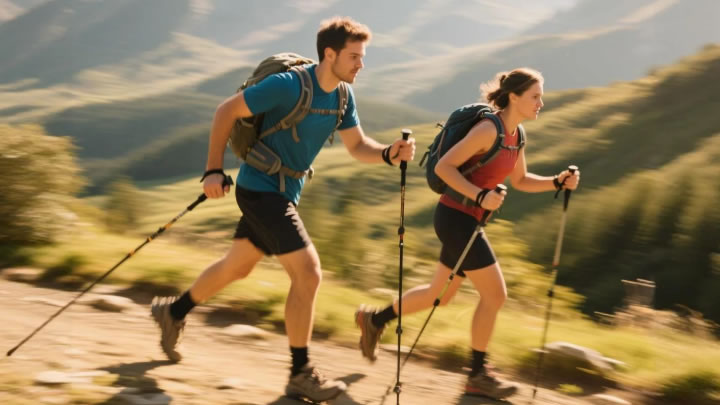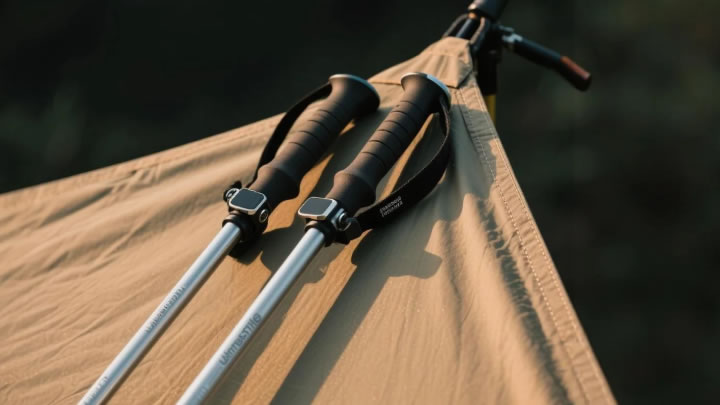Why do backpackers prefer lightweight nylon hammocks?
For backpackers, every ounce and inch of pack space matters. Lightweight nylon hammocks have become a staple in ultralight gear kits, offering a perfect balance of durability, portability, and adaptability. Let’s explore why these hammocks dominate the trails and how they outperform alternatives like cotton, polyester, or canvas.

1. Ultralight Design: Cutting Pack Weight
Backpackers prioritize reducing base weight to conserve energy on long treks.
- Weight Range: Most nylon hammocks weigh 0.5–1.5 lbs (225–700g), including straps and carabiners.
- Space Savings: Pack down to the size of a water bottle, freeing room for essentials like food or safety gear.
- Compare to Alternatives:Canvas hammocks: 3–8 lbs, too bulky for multi-day trips.Cotton hammocks: Absorb moisture, adding weight in humid conditions.
Pro Tip: Pair with a lightweight tarp (under 1 lb) for a full shelter system under 3 lbs.
2. Durability Meets Flexibility
Nylon’s synthetic fibers excel in rugged environments:
- Ripstop Weave: Reinforced grid pattern prevents small tears from expanding.
- Abrasion Resistance: Withstands rough tree bark, rocks, or gear friction.
- UV Resistance: High-quality nylon (e.g., 40D–70D) retains strength even after prolonged sun exposure.
Key Insight: Modern nylon blends last 500+ nights on the trail with minimal wear.
3. Weather-Ready Performance
Backpacking often means facing rain, humidity, or dew. Nylon thrives where other fabrics fail:
- Quick-Drying: Sheds moisture in minutes—no soggy fabric weighing down your pack.
- Mold/Mildew Resistance: Non-organic fibers won’t rot or harbor fungi in damp climates.
- Water-Repellent Options: Silicone-coated nylon hammocks add rain protection without significant weight gain.
User Hack: Use a DWR (Durable Water Repellent) spray to refresh water resistance annually.
4. Versatility Across Terrains
Nylon hammocks adapt to diverse environments:
- Mountains: Lightweight for high-altitude climbs where every gram counts.
- Rainforests: Quick-drying fabric combats constant humidity.
- Deserts: UV-resistant coatings prevent sun degradation.
- Winter Camping: Layer with an underquilt for insulation without bulk.
Case Study: Appalachian Trail thru-hikers often choose nylon hammocks for their all-weather reliability.
5. Comfort for Long-Distance Treks
Despite their minimalist design, nylon hammocks deliver surprising comfort:
- Ergonomic Sag: Flexible fabric molds to the body, reducing pressure points.
- Breathability: Open-weave designs (e.g., parachute nylon) prevent heat buildup.
- No Stretch Creep: Unlike cotton, nylon retains tension, avoiding mid-hike sagging.
Pro Tip: Hang at a 30-degree angle for optimal weight distribution and spinal alignment.
6. Low Maintenance on the Go
Backpackers need gear that’s easy to manage:
- Cleaning: Rinse with water and air-dry—no soap required for short trips.
- Storage: Stuff sacks prevent tangles and protect from dirt.
- Repairs: Field fixes with tenacious tape or seam grip take minutes.
Avoid: Machine washing, which frays seams and degrades coatings.
7. Cost-Effective Longevity
While initial costs vary, nylon hammocks offer long-term value:
- Budget Options: 20–20–50 models (e.g., Wise Owl, Bear Butt) suit occasional backpackers.
- Premium Picks: 80–80–150 hammocks (e.g., Warbonnet, Dutchware) include bug nets and reinforced stitching.
- Lifespan: 5–10 years with care vs. 1–3 years for cheaper polyester alternatives.
8. Backpacker-Approved Brands
- ENO (Eagles Nest Outfitters): Popular for balance of weight and durability.
- Sea to Summit: Ultralight options under 1 lb.
- Hammock Gear: Premium kits with integrated insulation.
When to Consider Alternatives
Nylon isn’t perfect for everyone:
- Winter Campers: Add a foam pad to combat cold air beneath the hammock.
- Car Campers: Canvas or cotton may offer more comfort if weight isn’t an issue.
Final Verdict
Lightweight nylon hammocks are the backbone of modern backpacking for good reason. They shave pounds off your load, withstand harsh conditions, and adapt to any climate—all while lasting thousands of trail miles. By prioritizing high-denier nylon, smart hanging techniques, and minimal upkeep, backpackers can enjoy restful nights under the stars without sacrificing performance.

